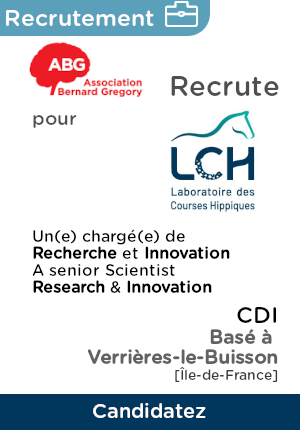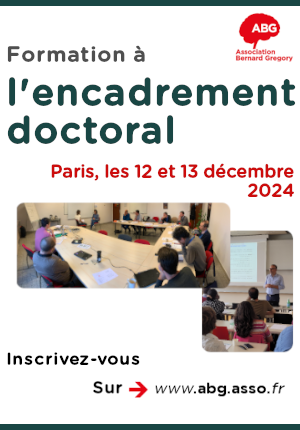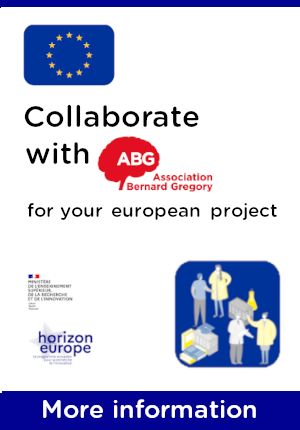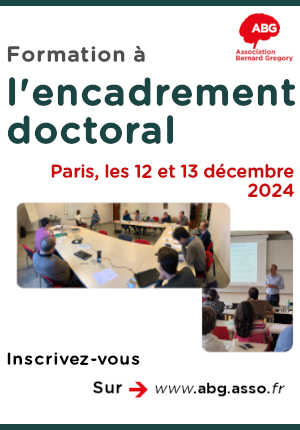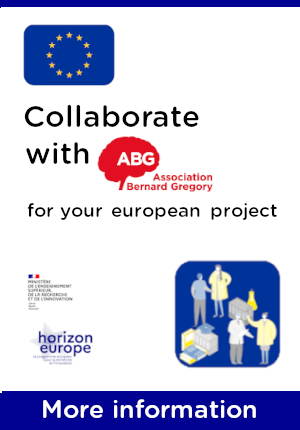Membrane switching: a colonization pathway for Vibrio cholerae
| ABG-125494 | Thesis topic | |
| 2024-08-22 | Public funding alone (i.e. government, region, European, international organization research grant) |

- Biochemistry
- Biology
Topic description
Socio-economic and scientific context:
To date, it is estimated that there are 2.9 million cases of cholera each year, resulting in 95,000 deaths. In an attempt to remedy this situation, the WHO has set an ambitious target: to eliminate cholera from high-risk areas by 2030. One of the reasons for the success of Vibrio cholerae, the causative agent of cholera, is that this bacterium can precisely regulate the expression of its genes to thrive in nutrient-poor environments, and more particularly in phosphorus-poor environments. To survive inorganic phosphate (Pi) limitation, V. cholerae regulates genes belonging to the Pho regulon and remodels its membrane using the PhoBR two-component regulatory system. While the vast majority of marine waters are limited by essential nutrients such as Pi, coastal areas are subject to waves of Pi where V. cholerae often persists.
Assumptions and questions:
Previous studies have shown that V. cholerae and other intestinal pathogenic bacteria that are unable to 'sense' low phosphate concentration in the intestine are less efficient at colonising it, an environment hitherto known to be rich in nutrients. Overall, a mechanistic understanding of the physiological trade-offs of V. cholerae membrane remodeling in response to Pi limitation remains to be investigated. The PhD student will focus on understanding the potential key role of the PhoBR system and membrane remodelling in the adaptation and persistence of V. cholerae in marine environments and during its interaction with heterotrophic protists which may lead to a transfer within the trophic chain.
The main steps of the thesis and scientific procedure:
To answer this question, the PhD student will have to :
i- Provide a complete picture of V. cholerae membrane remodelling in response to phosphate stress using ‘omics’ approaches such as lipidomics, glycomics and proteomics. This will allow us to generate mutants in the membrane remodelling pathway to identify the genes involved in this switching of the membrane.
ii- determine the lifestyle of Vibrio cholerae in marine environment with respect to phosphate availability using wild type strains and mutants in membrane remodelling pathway. We will compare the ability to build biofilms quantitively and qualitatively and the motility capacities of these strains in a defined low and high Pi media.
iii- Identify the risk of transfer within the trophic chain using predatory heterotrophic protists. To check whether the ability to remodel the membrane is part of the strategy used by V. cholerae to avoid predation by protozoa, we will test mutants in the membrane remodelling pathway (unable to remodel their membrane) against different strains of heterotrophic protists.
Methodological and technical approaches considered:
This thesis project will enable the student to learn all the techniques associated with lab-based microbiology and host-bacteria interactions. In addition, molecular biology techniques involving the creation of mutants, bioraporters and the biochemical analysis of the various biomolecules produced by these bacteria will also be used during this project, as will the use of high-resolution microscopy (confocal, electron).
If you have any questions, please contact:
Richard Guillonneau (richard.guillonneau(at)univ-nantes.fr)
Starting date
Funding category
Funding further details
Presentation of host institution and host laboratory
The thesis will be based at the US2B laboratory at Nantes University.
Website :
PhD title
Country where you obtained your PhD
Institution awarding doctoral degree
Graduate school
Candidate's profile
Scientific and technical skills required by the candidate:
Given the objectives set, the candidate should have a good knowledge of microbiology, cell biology and host-bacteria interactions, as well as some knowledge of biochemistry. From a technical point of view, he/she should also be interested in molecular biology tools, biochemical analyses and microscopy. V. cholerae is a pathogenic bacterium that will be handled in a cat-2 laboratory, so good organisation and strict compliance with hygiene and safety rules will be necessary.
Finally, the candidate should have a general interest in the transfer and persistence of pathogens in the environment
Vous avez déjà un compte ?
Nouvel utilisateur ?
Get ABG’s monthly newsletters including news, job offers, grants & fellowships and a selection of relevant events…
Discover our members
 ONERA - The French Aerospace Lab
ONERA - The French Aerospace Lab  ADEME
ADEME  PhDOOC
PhDOOC  Groupe AFNOR - Association française de normalisation
Groupe AFNOR - Association française de normalisation  MabDesign
MabDesign  Laboratoire National de Métrologie et d'Essais - LNE
Laboratoire National de Métrologie et d'Essais - LNE  Tecknowmetrix
Tecknowmetrix  CASDEN
CASDEN  Aérocentre, Pôle d'excellence régional
Aérocentre, Pôle d'excellence régional  MabDesign
MabDesign  Nokia Bell Labs France
Nokia Bell Labs France  Généthon
Généthon  Ifremer
Ifremer  Institut de Radioprotection et de Sureté Nucléaire - IRSN - Siège
Institut de Radioprotection et de Sureté Nucléaire - IRSN - Siège  CESI
CESI  TotalEnergies
TotalEnergies  ANRT
ANRT  SUEZ
SUEZ  Institut Sup'biotech de Paris
Institut Sup'biotech de Paris
-
JobPermanentRef. ABG125568Cours GalienBordeaux Grenoble Saint Etienne - Grand Est - France
Résponsable pédagogique études médicales
Biology - Health, human and veterinary medicineAny -
JobPermanentRef. ABG123642Laboratoire des Courses Hippiques (GIE LCH)- Ile-de-France - France
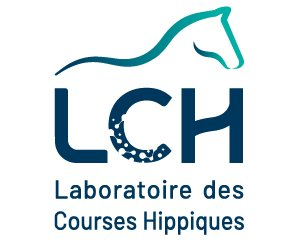
Chargé(e) de Recherche et Innovation (H/F) / Senior Scientist Research & Innovation (M/F)
Chemistry - BiochemistryConfirmed -
Thesis topicRef. ABG125548Centre de Recherche en CardioVasculaire et Nutrition (C2VN) - INSERM 1263 - INRAE 1260 - Aix-Marseille universitéMarseille - Provence-Alpes-Côte d'Azur - France

Mechanisms involving neutrophils in Venous Thrombosis / Etude des mécanismes impliquant les neutrophiles dans la thrombose veineuse
Biology

